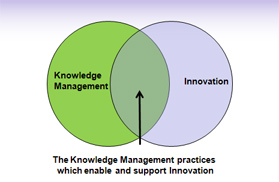Whilst on holiday last week, I finally got around to finishing a book I'd started to read a while ago - The World is Flat, by Thomas Friedman. All 569 pages! I'd petered out earlier when Mr Friedman had turned his focus onto the consequences of the flat world on the US specifically.
Anyway - I'm glad I picked it up again, for the gems relating to "Curiosity Quotient".
To quote Thomas: "I have concluded that in a flat world, IQ- Intelligence Quotient - still matters, but CQ and PQ - Curioity Quotient and Passion Quotient - matter even more. I live by the equation CQ+PQ>IQ. Give me a kid with a passion to learn and a curiosity to discover and I will take him or her over a less passionate kid with a high IQ every day of the week."
It reminds me of a discussion we had in BP in the late 90's - do we recruit drillers who can learn, or learners who can drill?
With Friedman's focus on China and India, I was also struck by the telephone conversations I have been having with a client in Bangalore over the past few months. I have been conscious for a while of the intensity and detailed attention that I was receiving - feeling that every word I spoke, or had written in "Learning to Fly" was being unpacked, weighed, set in a new cultural context and applied with a fervour. It's that fervour - hunger to learn - that I have rarely experienced with clients in the UK and Western Europe in general who are more often inclined to display the book up on a shelf near their desk, and (I fear) leave it there. A kind of intellectual trophyism that I'm not entirely immune to myself.
So my mid-year resolution is to finish the books I've started, to see what else I've been missing out on. That 11 hour flight to Bangalore should be a good opportunity!





